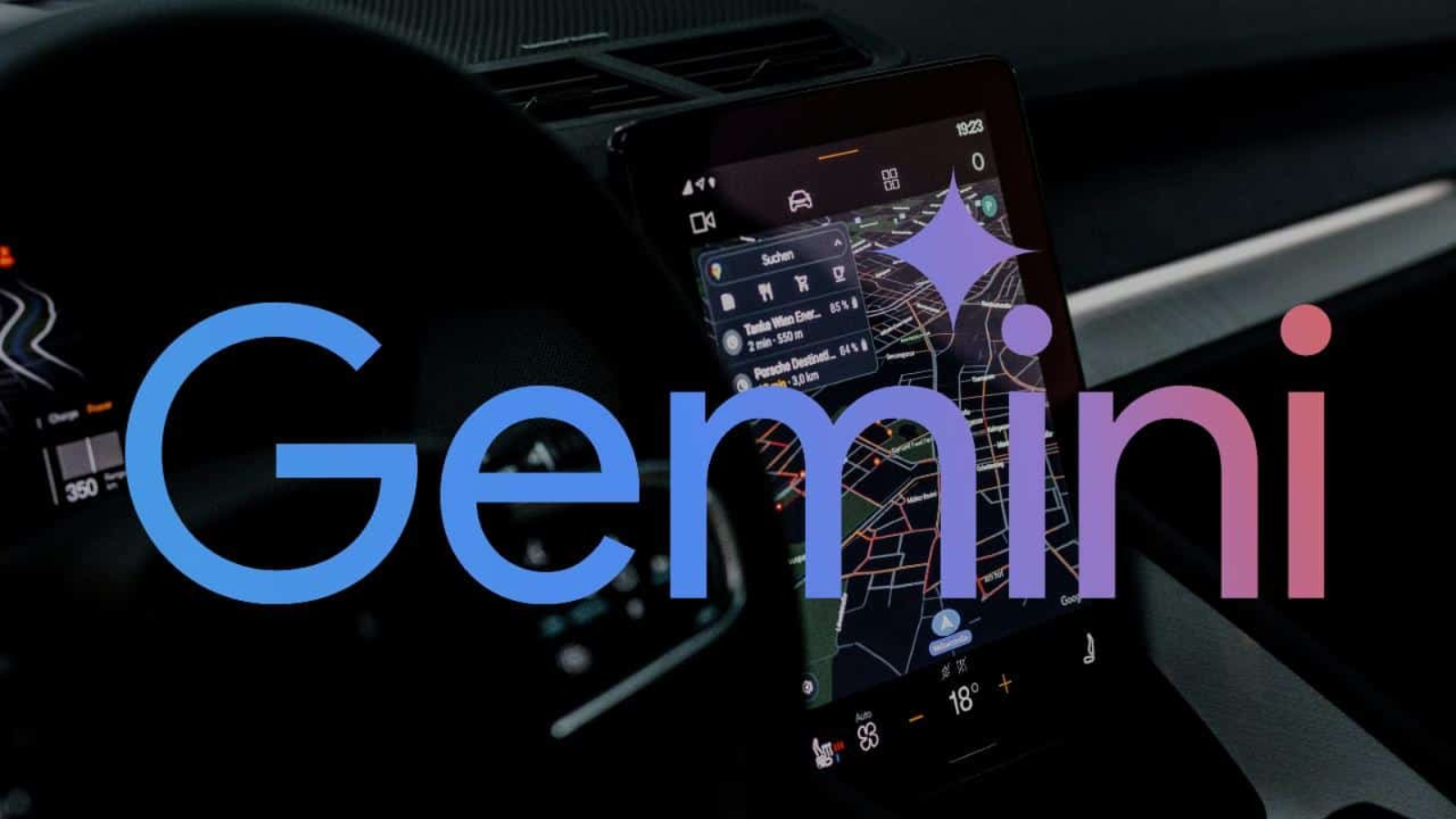The Cycle of Premature Product Launches
With years of experience in the tech industry, I’ve witnessed companies make the same mistakes repeatedly. One of the biggest offenders? Google. The latest example is its early preview of Gemini for Android Auto, which is already facing negative reviews—echoing the infamous Google Glass debacle.
Google Glass was released before it was ready, leading to such harsh criticism that it set back head-mounted displays by nearly a decade. Now, Google appears to be making the same mistake with Gemini in Android Auto. However, if the company handles it correctly, Gemini could be a game-changing AI co-pilot for drivers.
Let’s explore the potential of Gemini for Android Auto and what Google needs to do to ensure its success instead of repeating past failures.
The Downfall of Poor Marketing in Tech Launches
A strong marketing strategy can help companies mitigate bad first impressions, allowing an unfinished product to evolve without damaging its reputation. Steve Jobs mastered this approach, ensuring Apple’s initial iPhone survived its early flaws to eventually revolutionize the mobile industry.
Unfortunately, Google is not a marketing powerhouse. The early release of Google Glass proved that a premature launch can doom an otherwise promising technology. Gemini for Android Auto is now facing similar scrutiny. While the product is far from perfect, I believe it has the potential to improve significantly—if Google can shift its approach and properly refine it before pushing it mainstream.
AI’s Role in Modern Vehicles
Back in the 1970s, car manufacturers introduced voice alerts for drivers, offering verbal reminders like “your door is ajar.” While innovative at the time, the feature quickly became more annoying than useful, leading to its demise.
However, AI-powered assistants are different. Unlike basic voice alerts or rigid voice commands, AI can engage in natural conversations, making interactions more seamless. This evolution presents exciting possibilities:
- Personalized Recommendations: AI can find restaurants along your route based on your preferences.
- Safety Alerts: Detecting signs of driver fatigue and suggesting a rest stop.
- Enhanced Diagnostics: Instead of a vague “check engine” light, AI could pinpoint the exact issue, assess its severity, and recommend the next steps—whether it’s a simple fix or an urgent tow.
For example, a timing chain issue in an interference engine can cause catastrophic failure if not addressed immediately. AI could warn you of the urgency, preventing costly damage. This level of intelligence could make AI an indispensable driving companion.
AI as a Co-Pilot: Enhancing Long Drives
For those who often drive long distances solo, staying awake can be a serious challenge. Having a conversational AI like Gemini could make the journey less monotonous and help prevent fatigue-related accidents. Instead of a passive GPS, Gemini could:
- Engage in meaningful conversations to keep drivers alert.
- Provide insights about surroundings that drivers might otherwise overlook.
- Offer entertainment by discussing interesting topics or current events.
For long-haul truck drivers, this technology could be revolutionary, reducing fatigue and improving safety on extended trips.
Will Gemini for Android Auto Succeed?
If developed properly, generative AI in vehicles could significantly improve the driving experience. An AI-powered assistant should:
- Provide detailed and accurate responses to queries.
- Effectively guide drivers to fuel stations, restaurants, and safe rest stops.
- Diagnose vehicle issues in real-time and recommend solutions.
- Keep drivers engaged to prevent fatigue-induced accidents.
However, for Gemini to succeed, it must be well-trained, efficient, and non-intrusive. Right now, it lacks these qualities. Google’s premature release has led to negative early impressions, putting the project at risk of failure—just like Google Glass.
Final Thoughts
I genuinely hope Google learns from its past mistakes and refines Gemini before pushing it too far into the public eye. AI-driven vehicle assistants have incredible potential, but only if they are properly executed. If Google gets it right, Gemini could revolutionize how we interact with our cars, making driving safer, smarter, and more enjoyable.
Product of the Week: On a related note, keep an eye out for an exciting new vehicle-mounted drone system that will soon be available across all BYD models—an innovation that could further enhance the future of smart driving!

